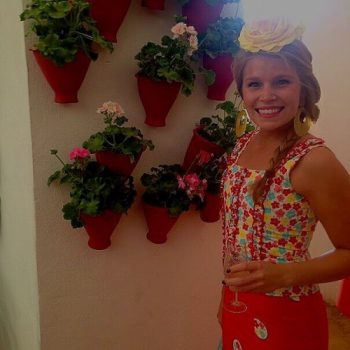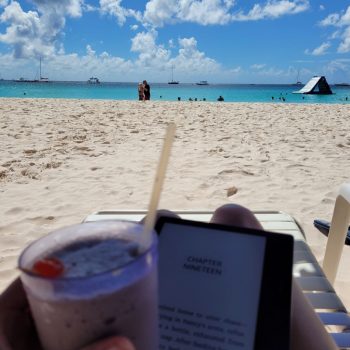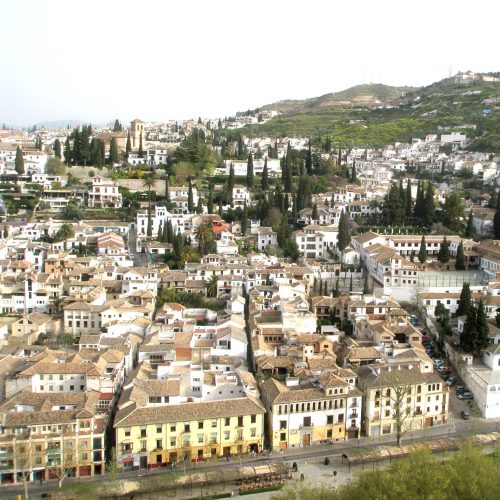
Make Your ‘Host City’ Your Home (Why and How)
Dear Amanda,
As you have just started your study abroad adventure, we are sure you have a bucket list a mile-long of things you want to see and do, likely including visiting cities and towns in all sorts of places outside your ‘host city.’ We know that it is common to want to see Europe and check lots of places ‘off your list’ while studying abroad. In fact, Spain’s proximity to so many other cool destinations might be one of the reasons you chose to come here in the first place. Still, we would like to warn you not waste your study abroad experience traveling every weekend!
That’s right, we genuinely do feel like it’s a waste of the unique experience that studying abroad allows you to make a home out a foreign country if you’re going to spend every possible day off to escape it. Of course, it might feel like this is your ‘one opportunity’ to see the world (or at least Europe) but, then again, it might not be. We often have expectations of what is to come in our futures and more often than not, life hands you unexpected opportunities. That is why we honestly believe that you should take advantage of the city where you are studying abroad and make your host city your home! Still not quite convinced of the value of sticking around your ‘host city’? check out these…
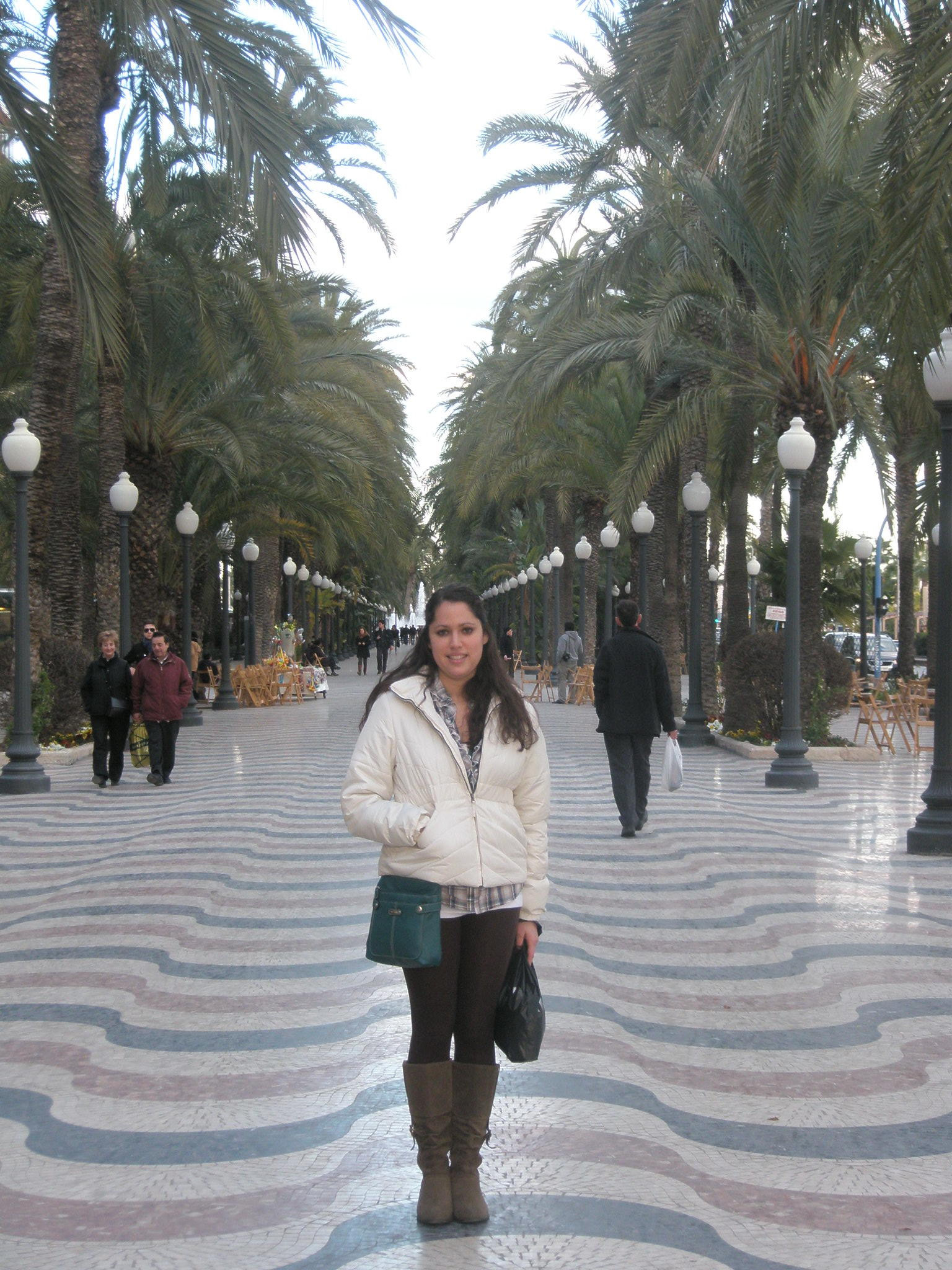 Five reasons why you should make your ‘host city’ your home’:
Five reasons why you should make your ‘host city’ your home’:
1.) You chose your ‘host city’ for a reason! If you’re like most of us who have studied abroad, you probably went home from a study abroad fair one day with a bag full of brochures, sifted through countless different program options online, and/or spent hours discussing the possibilities with your study abroad advisor. You considered things like the country you wanted to live in, the language you wanted to learn, and the classes you wanted to take. You probably also thought a lot about how much it would cost and where you would get the best bang for your buck. We think it normal—and important—to put a lot of effort into choosing the best destination to fit your personality and needs. Thus, we think you should keep this in mind when you start planning out your travels. That is remember that, at one point, you actually wanted to be in your city more than anywhere else. There was a reason for that!
2.) You’re going to crave a sense of home: We’ve talked about the different stages of culture shock and how at the beginning everything feels like sunshine and roses and so you may not think about this right away. And we have also talked about how, after around three months, you might start to feel lonely and miss home (what we call the three month feeling). That is also why we truly believe that a point will most likely come during your study abroad experience when you really going to start missing home and craving the ‘normalness’ of everyday life there. This hits hard when you’re living in a foreign country and culture either way, but it’s even more difficult if you find you’ve got NO sense of belonging in your ‘host city’ and NO ONE there you’ve invested in enough to feel truly comfortable with.
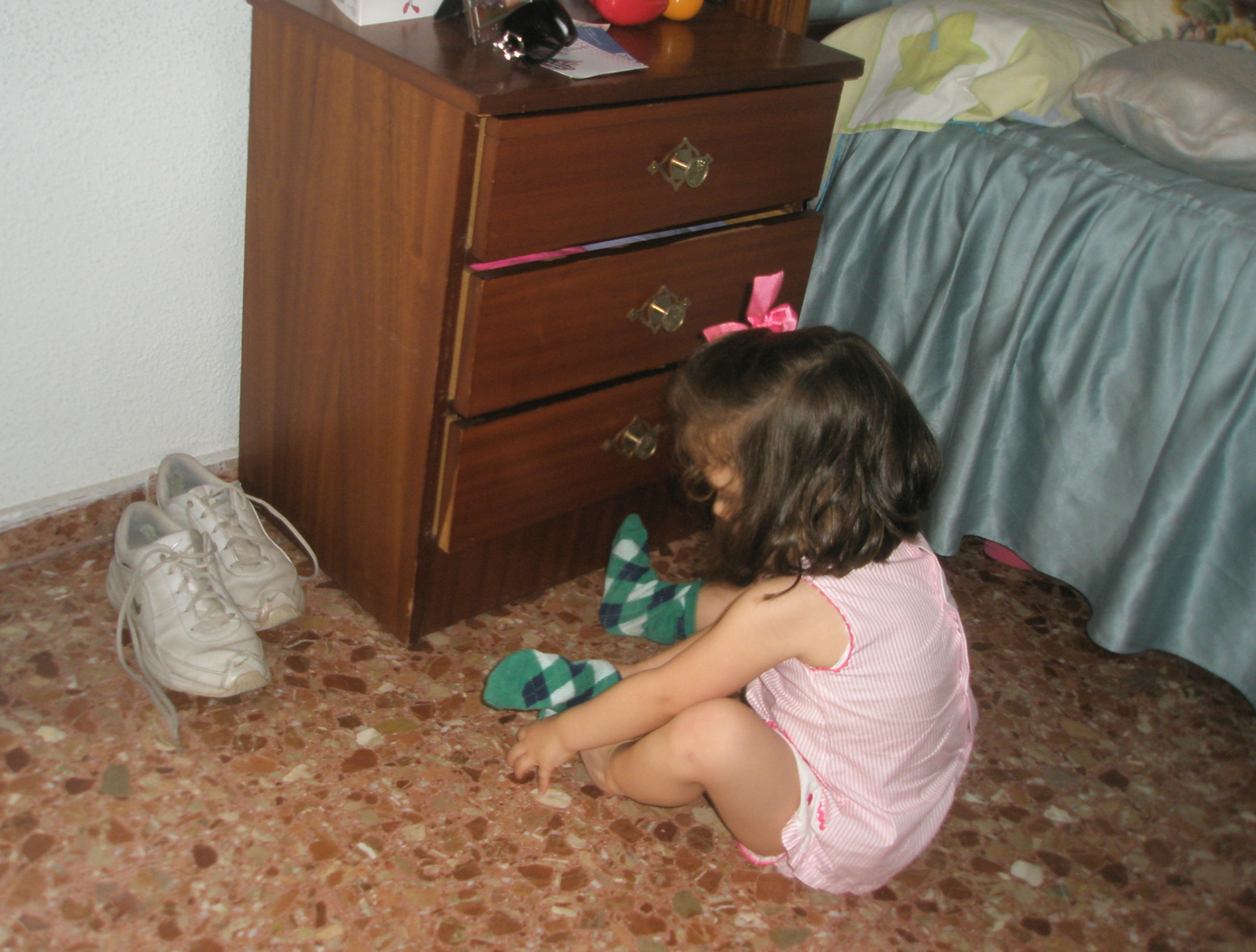 3.) Really understanding a culture takes investment: We don’t believe for a second that it easy to adjust to every ‘host city,’ host family, or live-abroad situation and sometimes you will even find that where you are is not a good fit for you at all. However, if you don’t feel comfortable in your ‘host city’ it might be because you are not actually giving it a fair shot. If you’re not around to make Spanish friends, have conversations with your Spanish host family, or even experience a single Spanish holiday, how much are you really getting out of studying in Spain? If you want to be able to go home and talk about the ‘real Spain’ and how it’s changed you completely (and mean it!) then you’re going to have to do some settling in which will likely involve sticking around for awhile…and getting comfortable being uncomfortable on occasion.
3.) Really understanding a culture takes investment: We don’t believe for a second that it easy to adjust to every ‘host city,’ host family, or live-abroad situation and sometimes you will even find that where you are is not a good fit for you at all. However, if you don’t feel comfortable in your ‘host city’ it might be because you are not actually giving it a fair shot. If you’re not around to make Spanish friends, have conversations with your Spanish host family, or even experience a single Spanish holiday, how much are you really getting out of studying in Spain? If you want to be able to go home and talk about the ‘real Spain’ and how it’s changed you completely (and mean it!) then you’re going to have to do some settling in which will likely involve sticking around for awhile…and getting comfortable being uncomfortable on occasion.
4.) You have to get comfortable being uncomfortable: One of our favorite bloggers/podcasters, Lauryn Evarts, says this all the time and it’s more important than many of us realize. Most everything worthwhile is not easy or comfortable at the start. You might feel out of place at your host family’s Sunday meals but, trust us, those are the kinds of memories you’re going to look back on as your ‘real life’ while studying abroad. Besides, this uncomfortable feeling that you will find yourself experiencing at the start of anything new will likely fade away with time if you see it through. However, this will take investment on your part. For example, if you’re only ever in town for three Sunday meals over the entire semester, no one’s ever actually going to get to know you and you’ll probably continue feeling uncomfortable right up until the end.
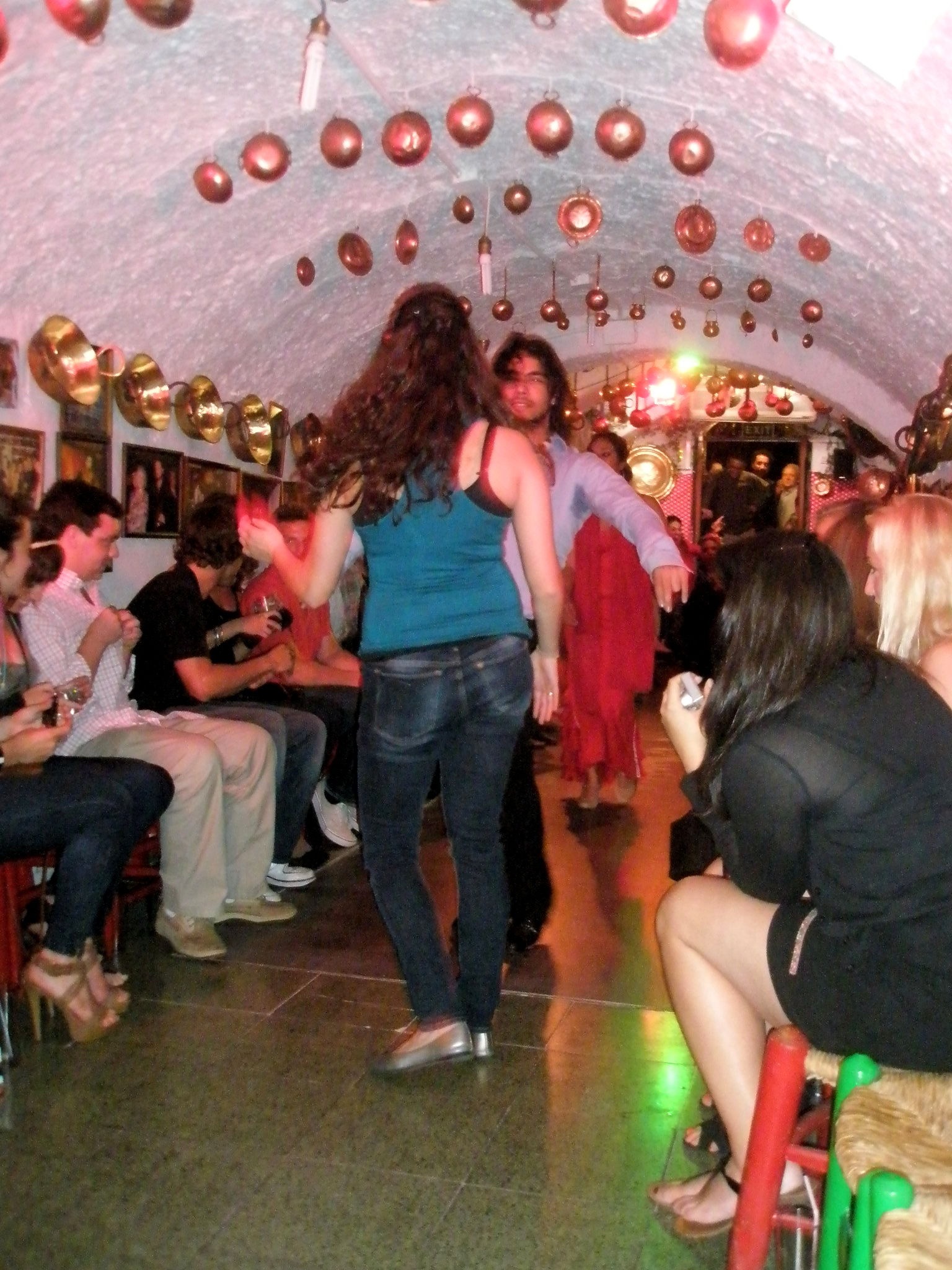 5.) This experience is part of your ‘real life’: So many people look at a study abroad semester as something out of the ordinary and an opportunity to blow off ‘real life’ things. We could get into a whole existential discussion about what ‘real life’ is but, for now, we simply want to point out that no matter how you choose to approach your study abroad experience, your ‘real life’ needs will creep up. What does that mean? Well, to start, most of us need time to ourselves to rejuvenate and replenish our energies. Sure, you will meet some people who can sustain a lifestyle in which they travel for months straight without setting up some system of creating a ‘home’ and balance for themselves, but they are probably very few and far between.
5.) This experience is part of your ‘real life’: So many people look at a study abroad semester as something out of the ordinary and an opportunity to blow off ‘real life’ things. We could get into a whole existential discussion about what ‘real life’ is but, for now, we simply want to point out that no matter how you choose to approach your study abroad experience, your ‘real life’ needs will creep up. What does that mean? Well, to start, most of us need time to ourselves to rejuvenate and replenish our energies. Sure, you will meet some people who can sustain a lifestyle in which they travel for months straight without setting up some system of creating a ‘home’ and balance for themselves, but they are probably very few and far between.
On the other hand, most of us need to figure out our own personal balance and decide how much travel and partying (to party or not to party is a question we contemplate too!) makes us happy. We believe that you are free to figure out what that balance looks like for you ‘on the road’ if settling into one place is truly not what you’re after. Nonetheless, for most, setting up a physical ‘home base’ is crucial to mental, emotional, and even physical health.
Hopefully at least one of these points has struck a chord with you and you’re now interested in making your ‘host city’ your home. But what does that mean? And how does one actually do it!? As always, everyone is different and so the path to creating your home will be personal and unique. However, these tangible suggestions are a good place to get started—especially if you were planning on doing a lot of traveling and think this ‘home thing’ will be challenging.
Five way you can make your ‘host city’ your home:
1.) Set aside one weekend a month that is completely off-limits to travel: While it is your personal choice how often you want to travel, making time to stay in your host city is key if you are planning on making it your home. In fact, when studying abroad in Alicante, Dani decided to only travel weekend a month. Now, we understand that this might seem a bit extreme to many people, but consider implementing the inverse. No matter what plans get suggested to you or incredibly cheap flights become available don’t budge on this promise to yourself (unless you have another free weekend to ‘switch it out for’). Remember, this not a limitation or any other form of deprivation but instead as a commitment to yourself and your well-being.
 2.) Consult locals about what celebrations you should not miss: Spain has TONS of holidays and you could look at each one as a long weekend for added travel time OR you could take advantage of this opportunity to stick around and experience the culture at a special time of year. Of course, some of the most traditional and interesting celebrations happen during Semana Santa which is likely the longest break you’ll get and therefore most optimal time for you to travel, but perhaps consider spending the first or last weekend in your ‘host city’ or using this week to some domestic travels and experience how the different cities and towns in Spain celebrate Easter. Speak with locals or check out a holiday calendar at the beginning of your time here to find out about your city’s most important holidays in order to avoid finding out late and already having other plans.
2.) Consult locals about what celebrations you should not miss: Spain has TONS of holidays and you could look at each one as a long weekend for added travel time OR you could take advantage of this opportunity to stick around and experience the culture at a special time of year. Of course, some of the most traditional and interesting celebrations happen during Semana Santa which is likely the longest break you’ll get and therefore most optimal time for you to travel, but perhaps consider spending the first or last weekend in your ‘host city’ or using this week to some domestic travels and experience how the different cities and towns in Spain celebrate Easter. Speak with locals or check out a holiday calendar at the beginning of your time here to find out about your city’s most important holidays in order to avoid finding out late and already having other plans.
3.) Invest in your host family and local friendships: It’s not uncommon to spend the majority of your time while studying abroad surrounded by other foreigners and while this can be wonderful, it can also take away from meeting and connecting with Spaniards. This can also make staying in your host city more difficult if all of your other study abroad friends are jetting off each weekend, either leaving you alone or pressuring you to travel, too. In order to avoid these issues, make a genuine effort to spend time with your host family (or Spanish roommates) and pursue real friendships with local people. We’ve talked about how to make friends with Spaniards in this video and article (but long story short—go the extra mile, it will be worth it!).
4.) Do your ‘real life things’: Sometimes falling out of ‘real life’ isn’t an intentional choice but actually a sad side effect of inaction. Before you even leave home, start to take stock of what it is in your life that makes you feel settled. Is it the fact that you belong to a local gym? That you know your way around the supermarket? That you volunteer? That you’re a member of a faith community? That you have a pet? Not all of these things can be easily implanted in a new city but they’re all worth the effort of seeking out. If you don’t know where to get started, be sure to ask your program advisors, they’re likely to have some great suggestions and/or connections!
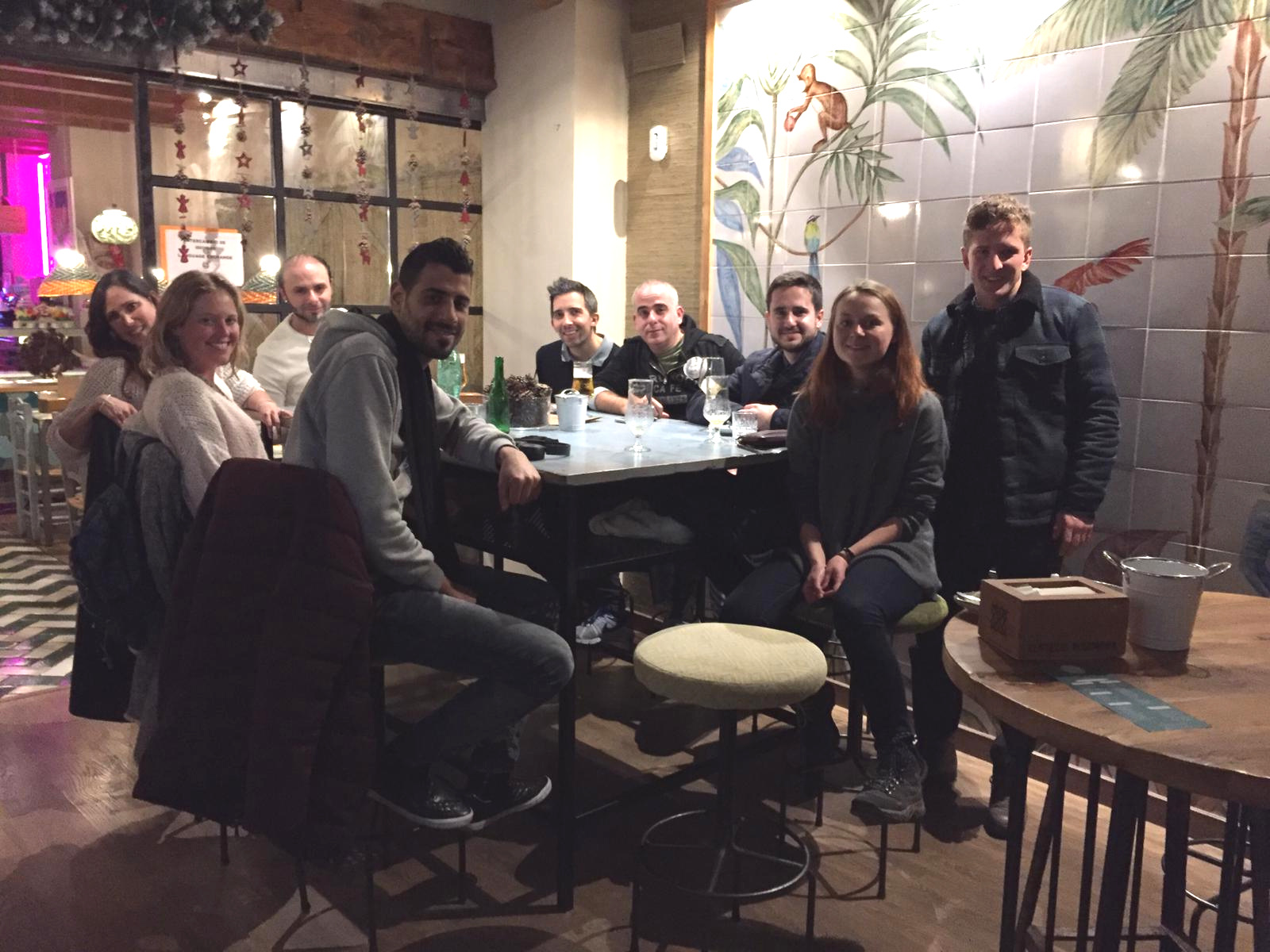 5.) If all else fails, try Couchsurfing: I put this as a ‘last resort’ not because it’s bad community to be a part of—in fact, I’ve found multiple people I now call family through the platform—but it can be a slippery slope. While you’re likely to find some really awesome local people, it’s also easy to get caught in the habit of just connecting with other foreigners which may not actually help you create a sense of home. Still, events and personal meet-ups you can arrange with other members are likely to get you out discovering and appreciating your ‘host city’ more and more everyday.
5.) If all else fails, try Couchsurfing: I put this as a ‘last resort’ not because it’s bad community to be a part of—in fact, I’ve found multiple people I now call family through the platform—but it can be a slippery slope. While you’re likely to find some really awesome local people, it’s also easy to get caught in the habit of just connecting with other foreigners which may not actually help you create a sense of home. Still, events and personal meet-ups you can arrange with other members are likely to get you out discovering and appreciating your ‘host city’ more and more everyday.
Many times we look at study abroad experiences as the opportunity to go out, meet people, and party a lot. However, we can also look at them as a chance to develop and get to know ourselves. And while we understand that you might have some FOMO (check out this post to see how we deal with FOMO while living abroad) watching others go off and visit somewhere new every weekend know that living like this might not give you the best experience. So remember, we all need different things in life but when studying abroad it can be especially hard to remember that as we generally have a concept of how this time ‘should’ be and (especially when we see so many people around us living out that ‘should’) it gets hard to go against the grain.
We hope you find a sense of home here in Spain and if we can be a part of forming your community, let us know! Or if you feel like you need some support, feel free to reach out!
Sincerely,
Spain
P.S. Have you heard how Spaniards seem to walk everywhere!? It was initially a surprising thing for those of us who are used to driving one block over, but now it feels like nothing says ‘home’ more than knowing countless routes and own secret shortcuts around the city. (And getting lost on the way there is part of the fun!)



